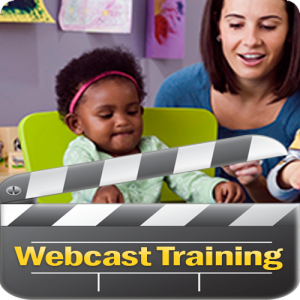Developing and Implementing a Treatment Plan
Most professionals agree that an early intervention treatment plan is very important when a child has been diagnosed with autism spectrum disorder (ASD or autism). What that treatment plan comprises will vary from child to child, as each child has different symptoms and levels of severity within the very broad spectrum of autism.
An effective treatment plan will include some, or all, of the following:
- Interventions, therapies, and approaches
- Schooling/Education – Individualized Education Program (IEP)
- Dietary interventions
- Medications
Interventions, Therapies, and Approaches
A child with autism will require some kind of highly structured specialized program. Applied Behavior Analysis (ABA) is a highly effective treatment. In this treatment, the child learns by doing a series of steps that will lead to positive reinforcement. Other interventions or therapies may include speech therapy or occupational therapy, which will depend on the child’s individual needs.
Schooling/Education
School-age children will have an individualized education program whereby the curriculum is adapted to the child’s needs and will focus on things such as maximizing social skills and communication, making friends, organizing tasks, and minimizing distractions. Teachers may involve parents in setting targets or goals for skills or behaviors that can be worked on both at home and in school settings.
Older children in the middle and high school years will be encouraged to learn skills needed for the community and independent living such as traveling on public transport.
Dietary Interventions
A lot of children with autism have gastrointestinal problems, which were long thought as caused by food allergies and sensitivities. The National Institute of Mental Health (NIMH) reports that some parents find some dietary interventions, such as a gluten-free (i.e., wheat, barley, rye) or casein-free (i.e., milk and foods containing milk) diet to be beneficial to their child, although the efficacy and safety of these and certain other types of dietary interventions have not been proven by NIMH.
Medications
Some children on the autism spectrum may need medications if they have behavioral problems such as aggression or self-injurious behavior. Others may be overactive/hyperactive and have problems with inattention and impulsivity, or they may have anxiety or depression. Medications may help the child to cope and function better at school or at home.
In order to develop an effective treatment plan, parents may have many questions when evaluating a potential treatment. They will want to know such things as how successful a program has been for other children or how much individual attention their child will have. There is a lot to consider, and a successful treatment plan will incorporate a mix of interventions, therapies, and education that will be tailored to the child’s individual needs, as well as any dietary interventions and medications that may be appropriate.
Reference:
NIMH, Nimh.niv.gov: Treatment Options, retrieved April 1, 2011, from http://www.nimh.nih.gov/health/publications/autism/treatment-options.shtml
Copyright © by Special Learning Inc. All right reserved.
No part of this article may be reproduced in any manner whatsoever without written permission except in the case of brief quotations embodied in critical articles and reviews. For information, contact Special Learning Inc., at: contact@special-learning.com








